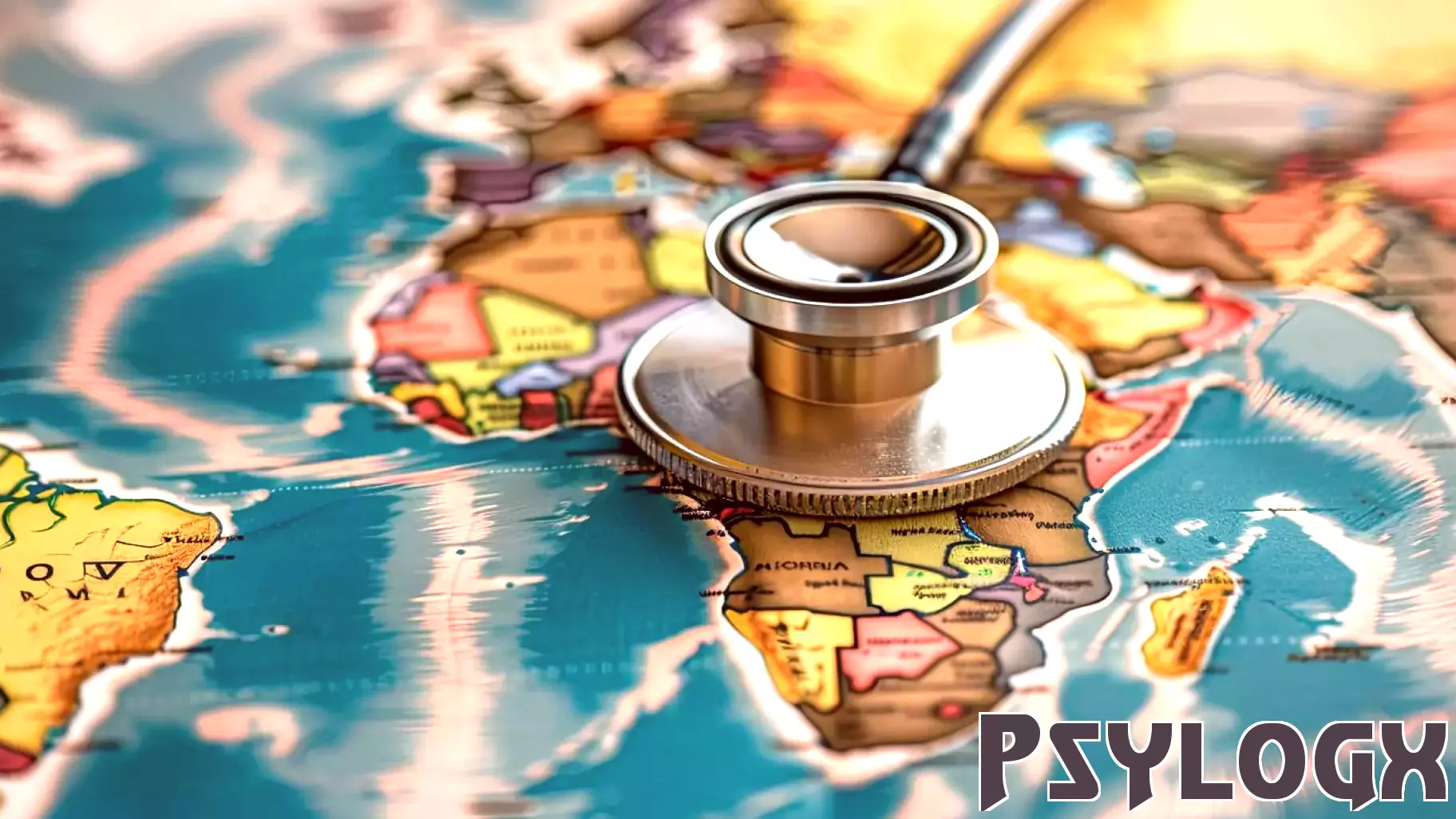January 24, 2025 - 06:37

Bias in healthcare remains a silent threat, particularly affecting Black and Indigenous communities. Studies have shown that systemic inequalities lead to significant disparities in health outcomes for these populations. Factors such as implicit bias among healthcare providers, lack of cultural competency, and socioeconomic barriers contribute to this ongoing issue.
The consequences of these biases can be dire, resulting in misdiagnoses, inadequate treatment, and a general mistrust of medical institutions. To combat these challenges, a multifaceted approach is necessary. Healthcare reform must prioritize equity, ensuring that all individuals receive fair treatment and access to quality care.
Incorporating holistic practices into healthcare can also play a crucial role in bridging the gap. By recognizing the importance of mental, emotional, and social well-being, practitioners can offer more comprehensive care that addresses the unique needs of marginalized communities. Ultimately, fostering an inclusive healthcare environment is essential for improving health outcomes and promoting justice for all.



